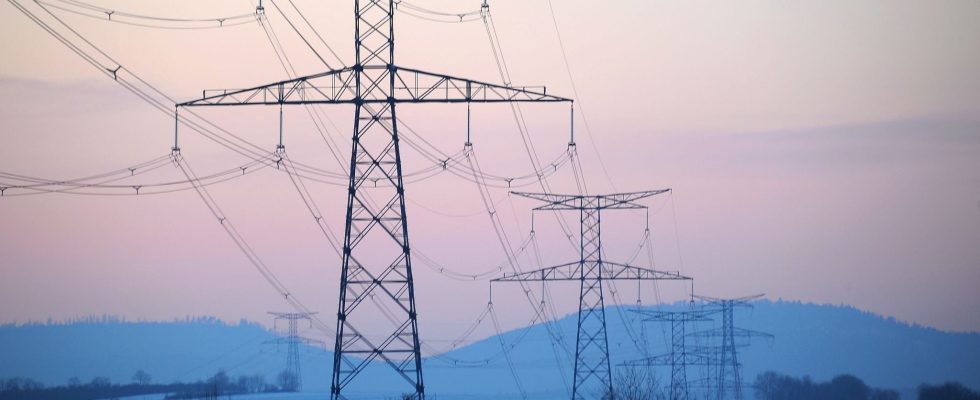What if it was enough to leave the European electricity market to reduce the French bill? In recent months, when electricity prices were at their highest, voices were raised to denounce the European regulatory framework. Described as “madness” by the president of the LR group in the Senate Bruno Retailleau, as “absurd” by Jordan Bardella, the leader of the National Rally party, and rejected by La France insoumise, the system was attacked from all sides. To the point that many political leaders have called for an end to it. Following the example of Jordan Bardella who mentioned the case of Spain and Portugal, and asked to follow their example. However, as persistent as it is, the idea that the Iberian Peninsula has left the European market is false.
“Spain and Portugal have not left the European electricity market,” immediately refutes Jacques Percebois, professor emeritus at the University of Montpellier. In reality, the countries of the Iberian Peninsula were able to benefit from a derogation regime from June 2022 to December 2023, allowing them to subsidize the gas used in the production of electricity, in order to reduce the weight of the electricity bill for businesses and households.
Why these exemptions?
This exemption was obtained by the Spanish government from the European Commission, due to the isolation of the Iberian electricity network, composed mainly of renewable energies and less connected to the rest of Europe. Unlike France, Spain and Portugal have few physical connections with their neighbors to benefit from electricity exchange. “When there is no congestion on the electricity networks, prices converge between European countries. But if demand is greater than the capacity of the network, then prices diverge,” explains Jacques Percebois.
The price of electricity is set on European markets by the principle of “marginal cost”, which involves taking as a reference the price of the last production capacity used to balance the network, i.e. currently that gas power plants. A mechanism that caused electron prices to explode when gas soared following the war in Ukraine and sanctions on Russian supplies. By subsidizing the gas used in electricity production, Spain and Portugal have lowered their bills by 15% to 20% according to the Spanish government. These low prices also benefited France, “which imported electricity produced on the other side of the Pyrenees”, notes Stefan Ambec, professor at Toulouse School of Economics.
Would France have an interest in leaving the European market?
Due to its very interconnected geographical positioning at the European level, and its low-carbon and inexpensive nuclear electricity, France has little interest in leaving the European market, specialists assure. On the one hand, the neighboring presence of countries producing electricity from renewable sources allows it to purchase inexpensive energy. And on the other hand, its energy mix offers it the possibility of exporting its nuclear production. In 2023, with the regained availability of nuclear power and the fall in gas prices, France once again became a net exporter of electricity in Europe. These interconnections also allow it to ensure its energy security in the event of a drop in production, such as in 2022 with the drop in nuclear capacity.
What reform is coming?
With gas prices stabilizing, the Iberian Peninsula should not have to request new exemptions in the future. Above all, the Twenty-Seven have agreed in recent months on a reform of the European market aimed at controlling the price volatility observed in recent years. Thanks to long-term electricity purchase contracts at a price decided in advance, and contracts at prices guaranteed by States, governments intend to reduce the exposure of electricity suppliers to the volatility of the electricity market. wholesale and gas prices. The legislative text, hotly debated, is currently under negotiation between states and MEPs with a view to its finalization.
.
